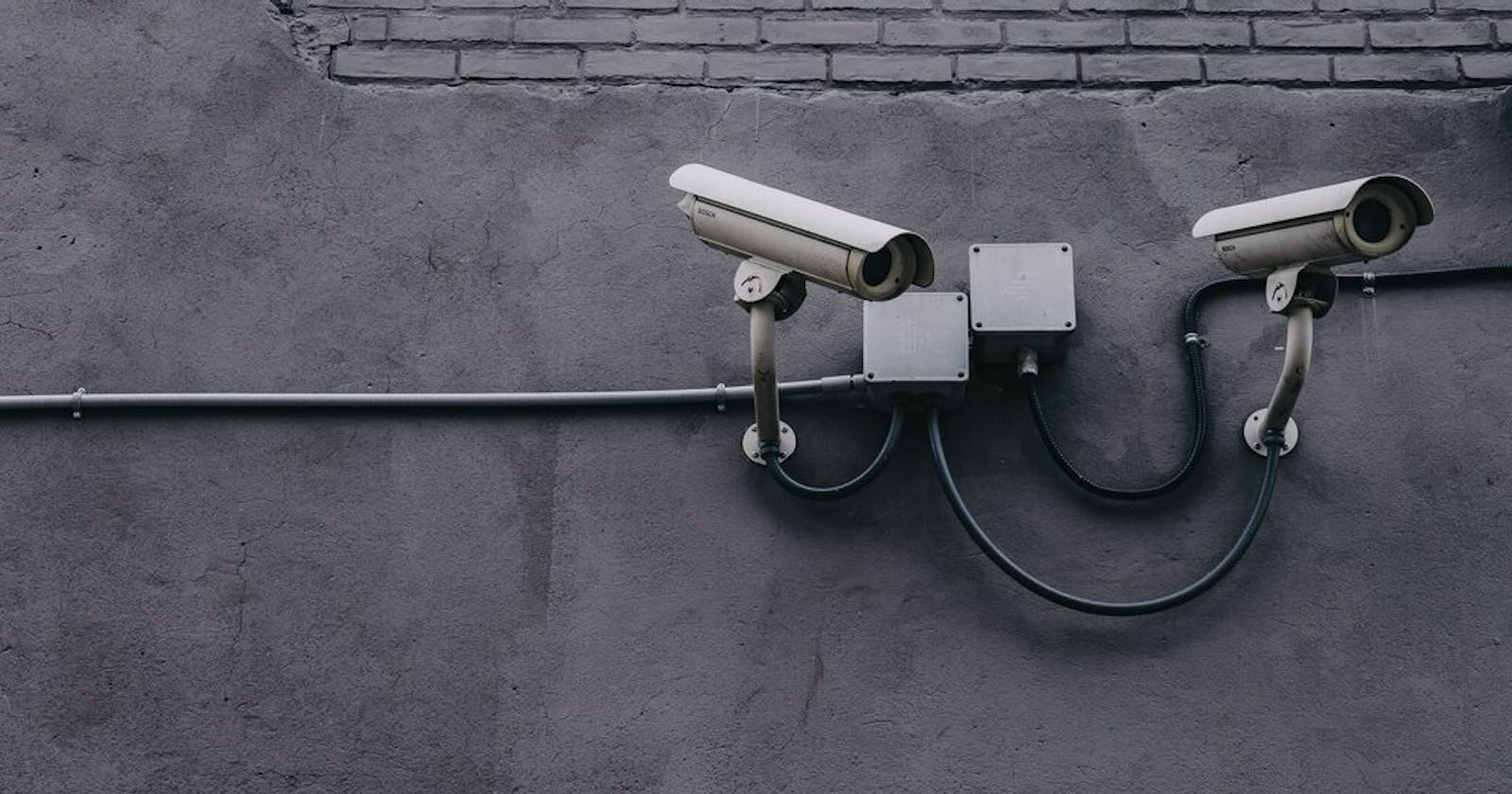Educate your family and friends about cyber risks.
People don’t understand the risks of the online world. It's up to parents/people to teach them the dangers of sharing photos and personal information, like vacation routines or daily schedules—information that could be used by stalkers, for instance, to harm them. Teach them, too, that it’s a good practice to avoid downloading apps from obscure or untrustworthy developers and playing games or taking online surveys that ask for personal information.
People don’t understand the risks of the online world. It’s up to parents/people to teach them the dangers of sharing photos and personal information.
Keep your personal info private.
Be careful about sharing valuable personal information, such as Social Security numbers, credit card information and birth dates, in a text or email with people you don’t know well or trust. If you are entering them online—say on a shopping site—always look for “https” and a lock symbol in the address bar of the site you’re visiting, and use a password, passcode or biometric login to protect your accounts online.
Setup a VPN.
A virtual private network (VPN) might have an intimidating name, but it's an easy-to-use tool that encrypts your communications, from banking to shopping to texting to emailing, when you're connecting to the internet via Wi-Fi. Best of all, it can be used anywhere in the world. Setting one up can be easy and affordable (just search “VPN” in your app store), but it’s important to choose a VPN you can trust. Talk with a security expert to determine which is best for you. Be aware, though, that you may have difficulty accessing some financial firms’ websites through a VPN because of the anti-fraud protections they’ve put in place. If you do have that problem, turn off your VPN and move to a location where you can use a secure, trusted internet connection.
Don’t leave your home network unprotected.
Be sure to change the password on your router as soon as you install it. The router is the gateway to your home and touches all of your connected devices, from phones to smart home gadgets. Also, don’t forget to configure security and privacy settings on your devices, and invest in reputable antivirus software for your computers. Download software updates on all the programs you use—automatically, if that’s an option. Software companies often discover vulnerabilities before cyber criminals do and rush to fix them. The longer you wait to update your software (or operating system), the greater the chance you’ll be targeted.
Don’t use a public Wi-Fi network.
We’re so used to using our devices everywhere (or so concerned about hitting the data cap from our cell phone provider) that most of us don’t think twice about logging on to the free public Wi-Fi system at the airport, coffee shop or dentist’s office. Some Wi-Fi connections can’t be trusted; cyber criminals can infiltrate these systems and collect data that’s sent through them. That’s why it’s always best to take the precaution of connecting to sites through secure connections (look for “https” and a lock symbol in the address bar) or via a VPN connection.
Don’t use easily guessed passwords.
Despite repeated advice from all corners, some people still use the most basic of passwords for their email, shopping and financial accounts. Or worse, they use the same password for all of their online accounts, making those accounts especially vulnerable to cyber criminals. Variety and randomness are your best bets, so if one password is discovered, then your other accounts won’t be at risk. Even better, consider using a password manager, which assigns a random password to accounts. That way you only have to remember a single master password for the manager itself. (You can find password managers in your app store.)
